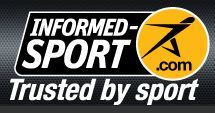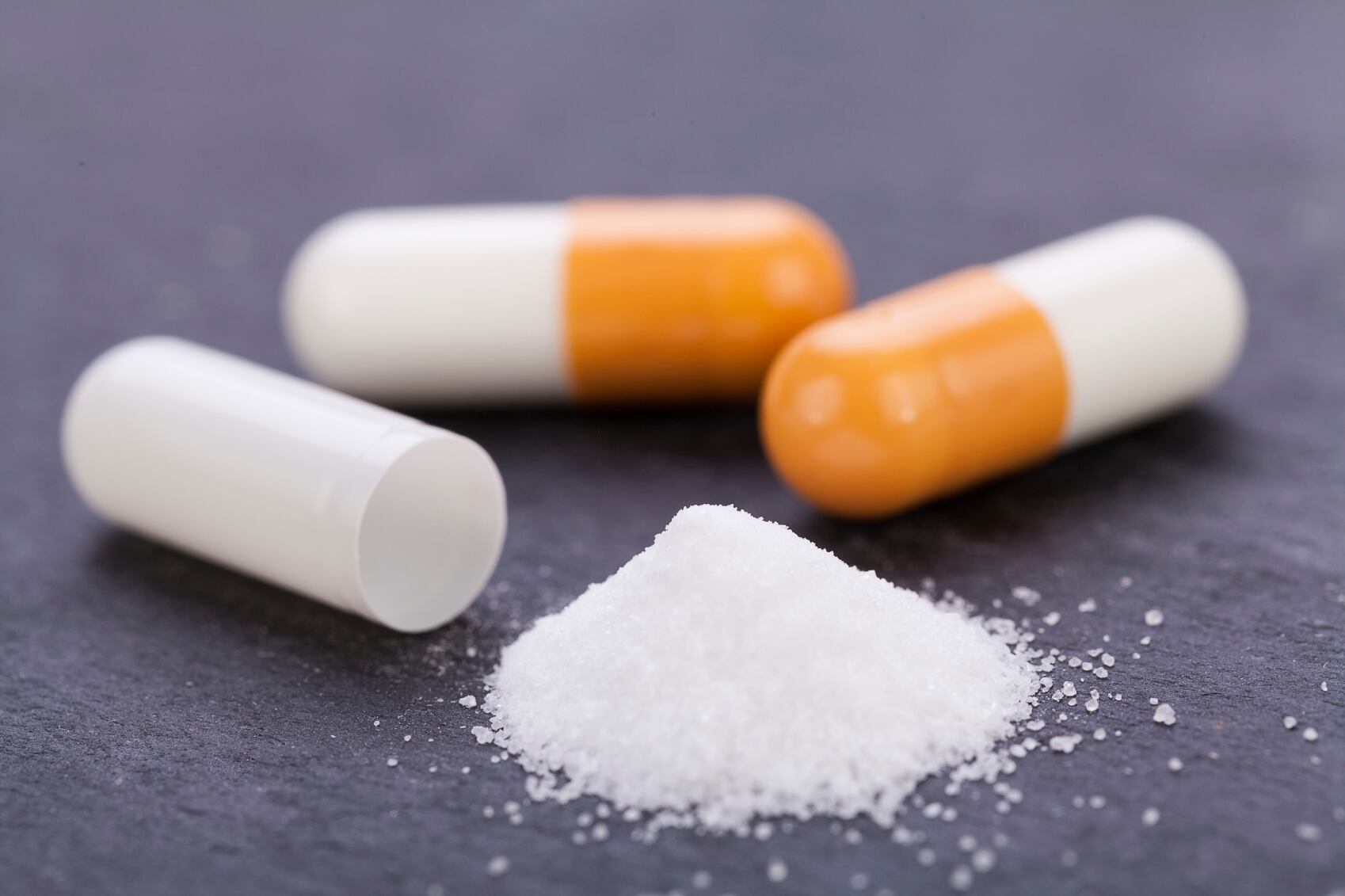Terence O'Rorke, business development director at LGC-owned Informed-Sport, told NutraIngredients this was likely to happen as markets developed. Increased product testing had begun in North America and then spread to markets like Europe, Australia and South Africa. Now his firm, which tests products for substances prohibited in sport, was beginning to see interest from Eastern Europe.
While the bulk of its business remained in Western Europe, in the last month alone he said the company had received inquiries from a Bulgarian firm and the Czech food safety authority. “It’s the next natural progression. It’s just a matter of time."
Recent sporting events like the Sochi Winter Olympics in February in Russia had delivered a “major effort” to change this in terms of sports nutrition at least. “Sporting bodies are now insisting on testing – which is maybe starting to put pressure on Eastern Europe.”
According to Euromonitor data, the Eastern European supplement market is worth €2.05b, with the biggest category being digestive health.
Counting up the recalls
According to a Stericycle ExpertSolutions' European Recall and Notification Index Q2 2014, dietetic food, food supplements and fortified foods were among the top eight most recalled in Q2 2014, something which had increased by 20% across Europe compared to Q1 2013. The report put this down primarily to dietetic products originating from the US, which accounted for 44 recalls, the vast majority of which were due to unauthorised ingredients like sibutramine in food supplements including six instances of vitamin B6 at prohibited levels.
By country of origin the majority of notifications came from the US (64%). Other countries included China (4%), Netherlands (4%), India (4%), the Czech Republic (3%) and Sweden (3%).
Out of the last 100 notifications listed on the European Union’s Rapid Alert System for Food and Feed (RASFF) portal, going back to 8th May 2014, 26 were reported by the Polish food safety authority, 11 by the Czech Republic, eight by Lithuania, four by Croatia, while Romania, Hungary and Slovakia each reported one issue.
Within Poland’s vitamin and minerals market, GlaxoSmithKline held the biggest retail market share in 2011 (10.3%), followed by Aflofarm Farmacja Polska (6.5%) and NP Pharma (4.5%), according to Mintel data.
Overall, 58 of the reports involved a country outside of ‘mainstream’ Western Europe, whether the product was flagged by these states’ authorities, or originated in or came via the country before being reported. The system was created in 1979 to enable cross-border information sharing for members (the 28 EU member state food safety authorities, the European Commission, the European Food Safety Authority (EFSA), Norway, Liechtenstein, Iceland and Switzerland) on risks to public health detected in the food chain.
Grey zones

O'Rorke said one of the main barriers to tackling contamination was a lack of standardisation across member states, as well as a lack of agreement on where nutrition products should fall – within pharmaceutical or food law.
At a recent summit in Brussels he said Informed-Sport had pressed attendees on the need for rigorous standards, and an obligatory minimum standard of testing.
According to Euromonitor data, retail value growth for the Eastern European dietary supplements market in 2013-14 was 11%, with this forecast to fall to 7.8% by 2017-18. Czech Republic growth was 3.6% in 2013-14, which was forecast to rise to 5.4% in 2016-17 before falling back to 3.6% in 2017-18. For Poland this was 3.8% for 2013-14, with a slight increase to 3.9% predicted by 2017-18. The biggest rates of retail value growth in 2013-14 was in Belarus (28.9%), Romania (14.1%), Ukraine (13.9%) and Georgia (7.2%).
While this was well received, “the feedback was that regulations varied so widely from country to country”.
He added that online sales remained an area difficult to police. “You can get anything over the internet. There may be the best intentions of the regulators but this is very difficult to address and police. Ultimately, if individuals are determined to get hold of something, they can and will.”
Still if we drill into sports nutrition, internet retailing was only the seventh largest distribution channel for sports nutrition products in Easter Europe, according to Euromonitor. This accounted for €21.05m in 2013, up from €13.98m in 2008. The top distribution channel for the region in 2013 was store-based retailing at €129.09m, followed by non-grocery retailers (€125.48m), other consumer health non-grocery retailers (€69.69m), health and beauty specialist retailers (€55.70m), other healthcare specialist retailers (€37m) and non-store retailing (€23.09m). In contrast, Internet sales for vitamins and dietary supplements overall in Eastern European was the 31st most significant distribution channel, with a value of $137.9m (€108,43m) in 2013 compared to the number one channel of store-based retailing at $3,639.4m (€2,861,62m).

The cost of consumer confidence
Discussing the issue of contamination recently with NutraIngredients, Pavel Kopřiva, spokesperson for the Czech Agriculture and Food Inspection Authority (CAFIA), said while he did not see the issue of contamination as something singular to Czech Republic, he said some Czech consumers may, “resign on quality and to some extent also on safety of foodstuffs they buy, primarily due to the financial strains and lack of information”.
He said this was the motivation behind the authority’s Food Pillory project, established two years ago, which offers a place where consumers can find information about dangerous, adulterated and poor quality foodstuff found by CAFIA on the Czech market.
O'Rorke said it was crucial all parts of the world had the same levels of assurances with special anti-doping laboratories for sport and product checks for nutrition products more generally.
He said whilst it was true testing costs could be a barrier for some companies, with such 'extra' costs not being factored into business plans, his firm offered price flexibility.
